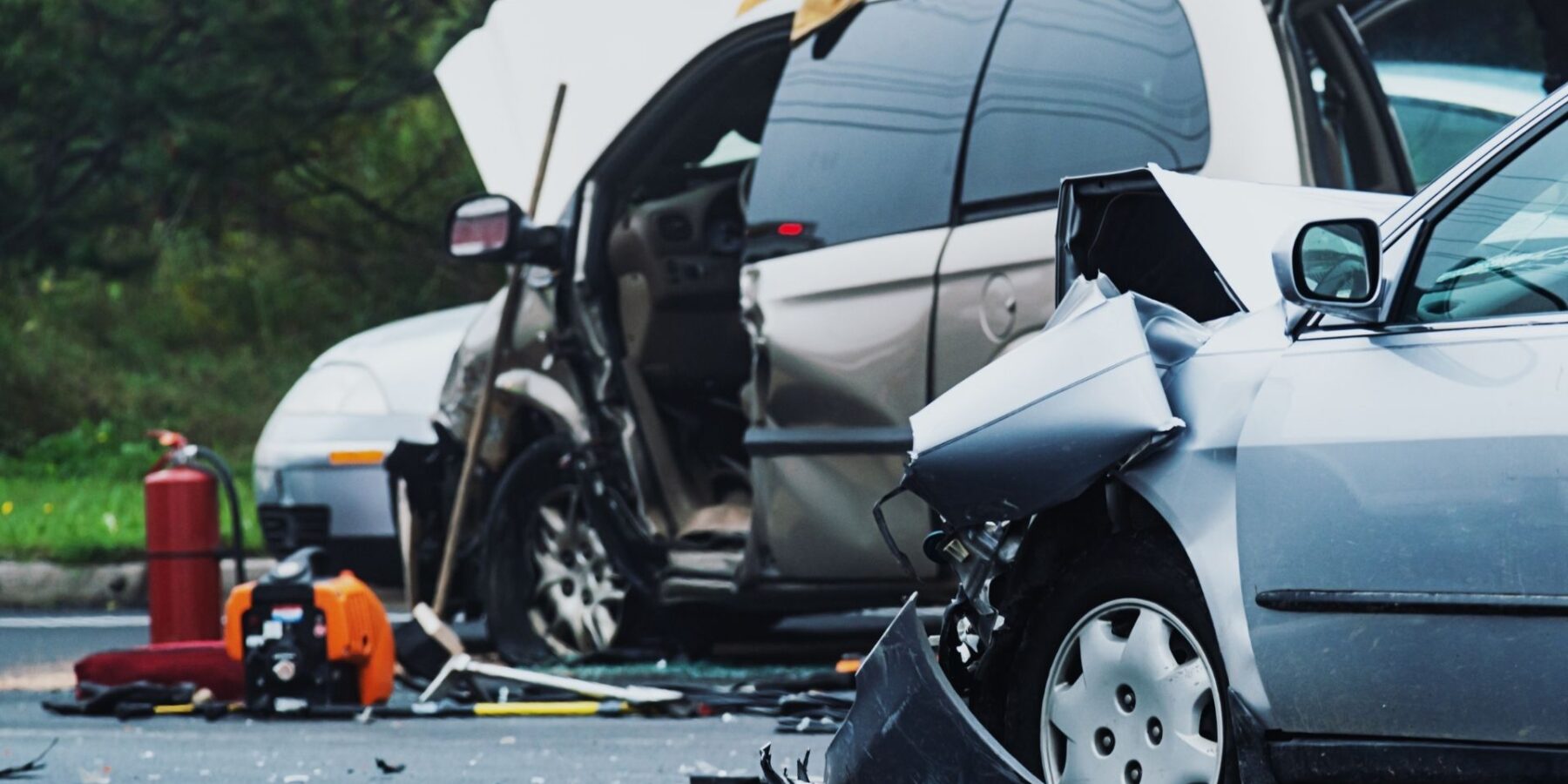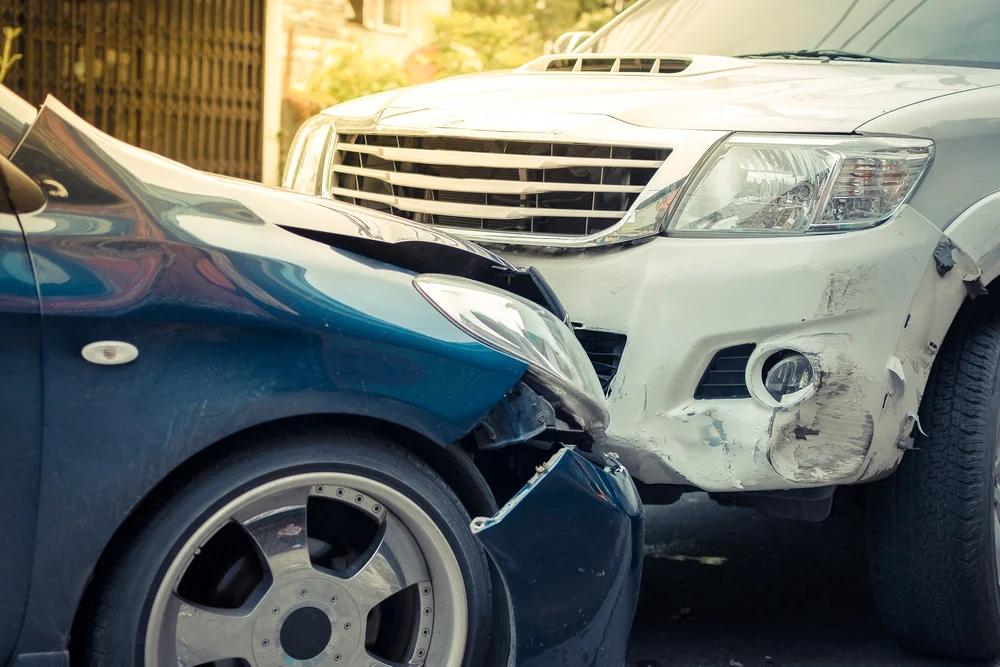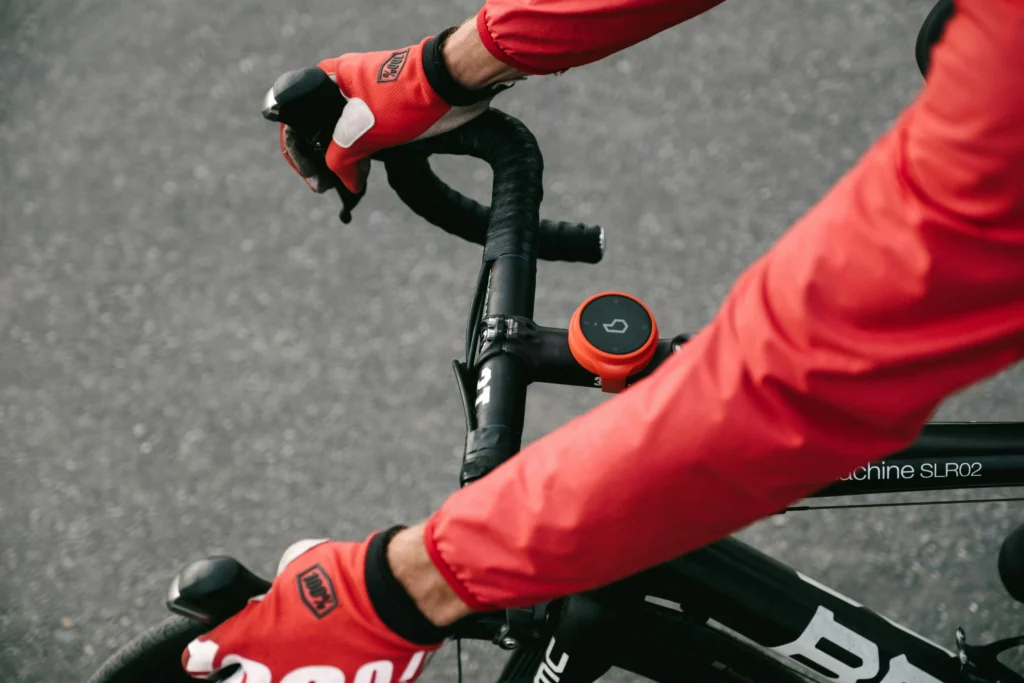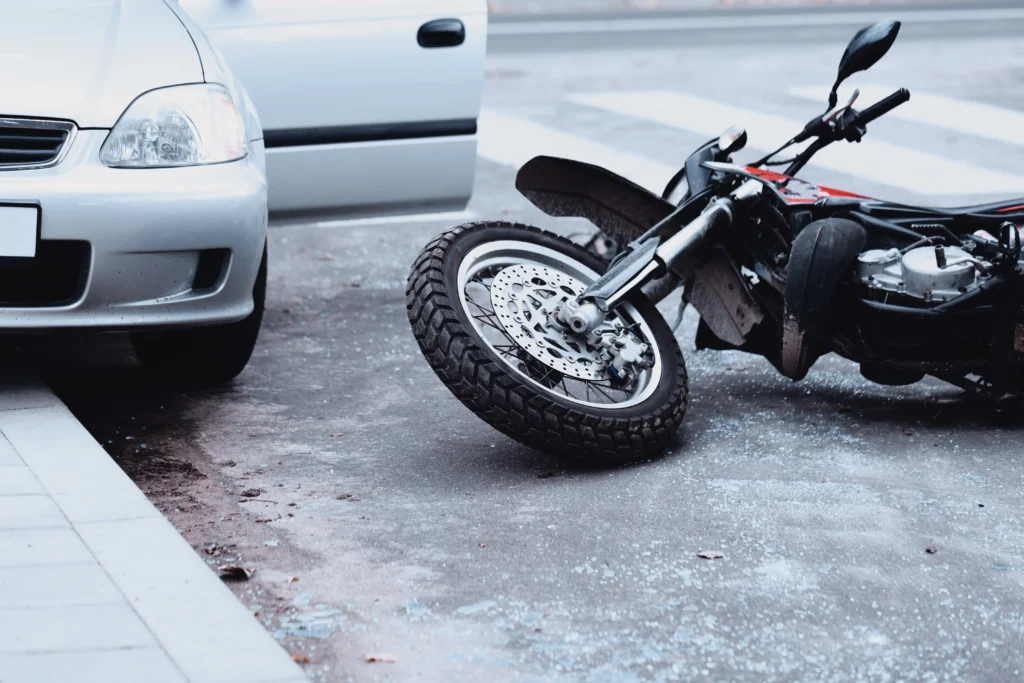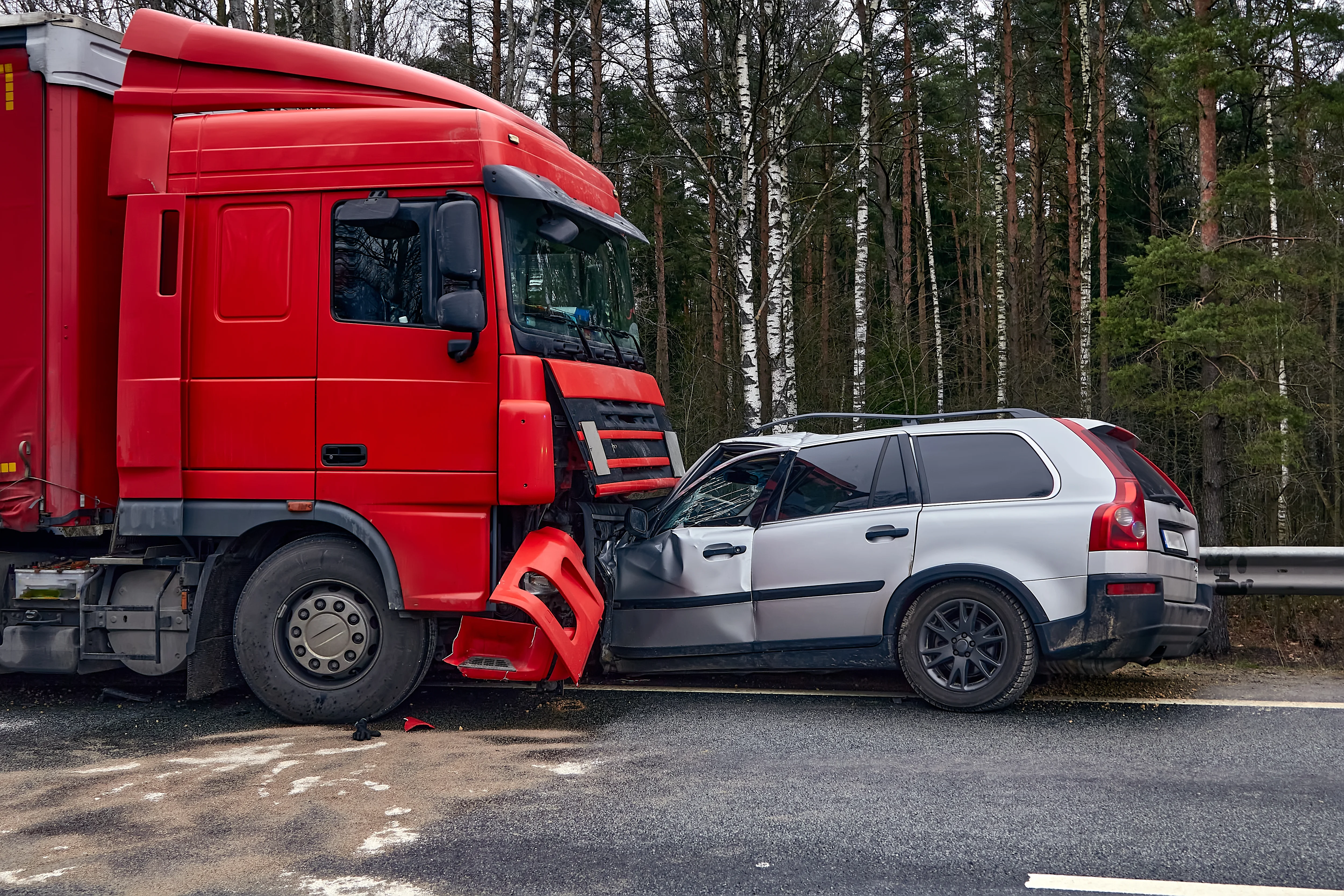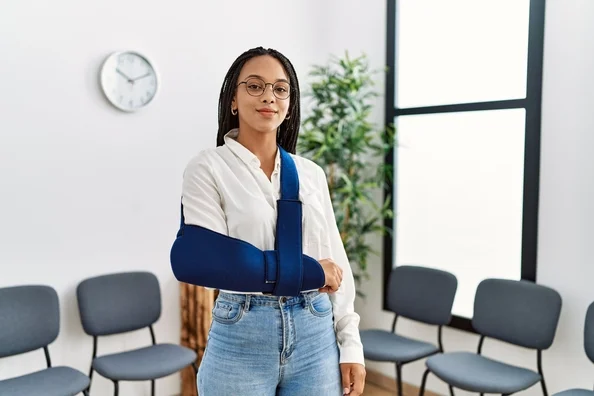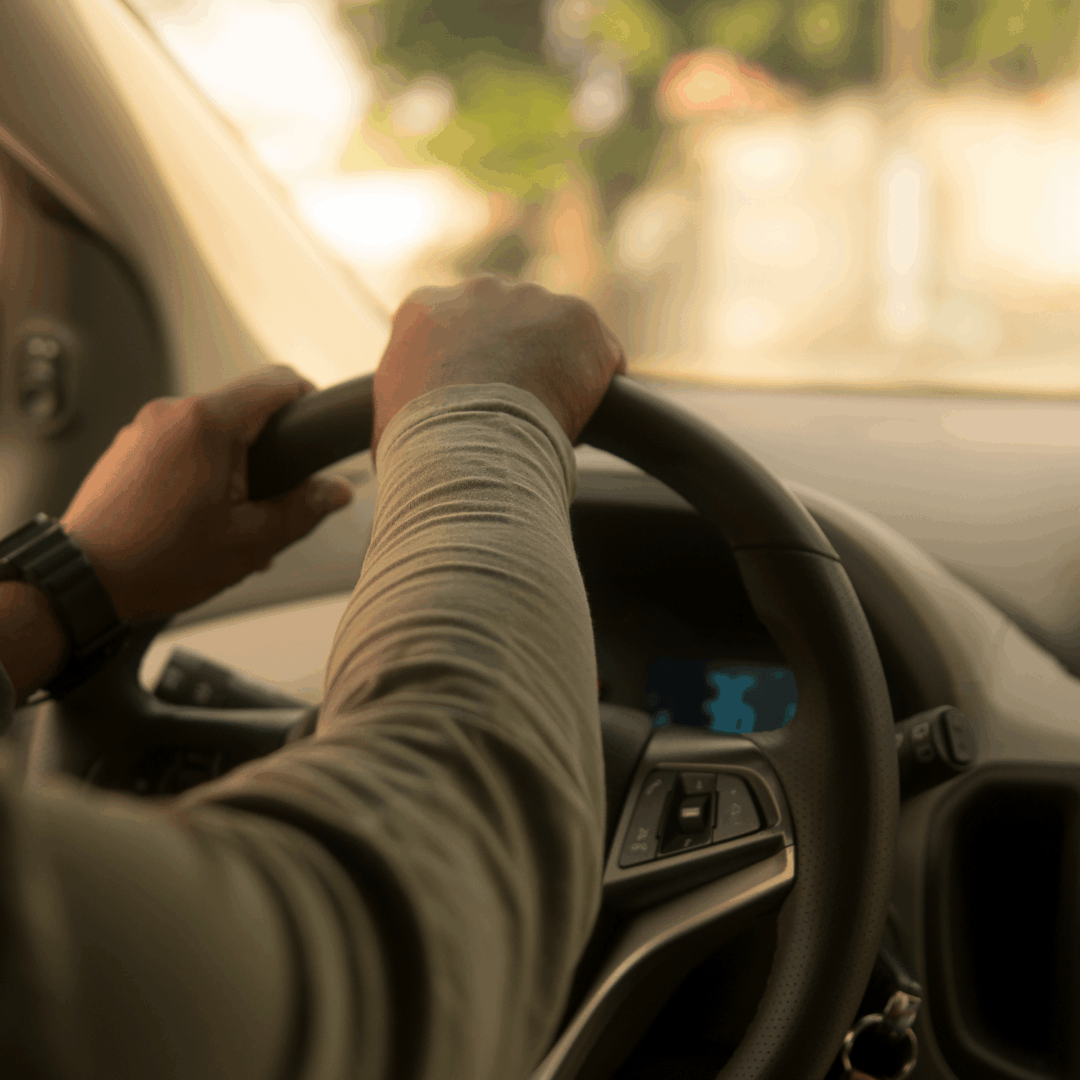Grafton Rideshare Accident Lawyers
Rideshare services like Uber and Lyft have become a part of daily life in Grafton, West Virginia. They provide convenient transportation for residents heading to work, visiting medical appointments, or enjoying evenings out without worrying about parking or the dangers of drinking and driving. Yet with this convenience comes risk. According to the West Virginia Governor’s Highway Safety Program, drivers often rely heavily on phone apps, navigate unfamiliar local roads, and work long or irregular hours to maximize earnings. These factors increase the likelihood of crashes. When a rideshare collision occurs, it can leave passengers, pedestrians, and other motorists facing serious injuries, steep medical bills, and uncertainty about who is legally and financially responsible.
Unlike traditional taxi companies, rideshare drivers are classified as independent contractors. This classification allows Uber and Lyft to argue that they are not responsible for negligent driving, pointing instead to tiered insurance systems that vary depending on whether a driver is logged into the app, waiting for a passenger, or actively transporting someone. For victims in Grafton, this creates confusion and stress at a time when clarity and financial stability are most needed.
At Kaufman & McPherson, we help victims navigate these challenges. With more than three decades of experience handling personal injury cases across West Virginia, our attorneys understand both the legal complexities of rideshare crashes and the emotional burdens they impose on families. We carefully investigate each case, gather the evidence needed to prove liability, and fight to ensure that insurers fulfill their obligations. Our mission is simple: to secure the justice, compensation, and peace of mind that victims deserve after a rideshare accident.
Understanding Rideshare Accidents in West Virginia
Rideshare crashes differ significantly from ordinary vehicle collisions because of how companies like Uber and Lyft are structured. These corporations do not own fleets of cars or employ their drivers directly. Instead, they operate on a contractor model that shifts risk away from the companies themselves. While this model has made ridesharing profitable, it leaves victims struggling with complex insurance rules that are far from straightforward.
For Grafton residents, this means that the amount and type of insurance available depends on the driver’s precise status in the app at the time of the crash. If the driver was off the app, Uber and Lyft deny coverage entirely, leaving only the driver’s personal insurance. If the app was on but no ride was accepted, only a limited corporate liability policy applies. If the driver was transporting a passenger or on the way to pick someone up, the company’s $1 million liability policy may be triggered. Even then, insurers often dispute which coverage applies first, causing frustrating delays.
The Insurance Information Institute (III) highlights that rideshare insurance policies are far more complicated than traditional car insurance and often require professional interpretation (III Rideshare Insurance). Without legal guidance, many victims accept inadequate settlements or miss out on coverage entirely. Kaufman & McPherson helps victims avoid these pitfalls by carefully examining app logs, receipts, and communication records to prove the driver’s status and unlock the maximum available compensation.
When Uber or Lyft Insurance Applies
The key to determining compensation in rideshare crashes is identifying the driver’s exact status in the app at the moment of the accident.
App Off
When the driver is not logged into the app, Uber and Lyft provide no coverage. Victims must rely entirely on the driver’s personal insurance. Unfortunately, many drivers only carry the minimum coverage required under West Virginia law, which rarely covers the true cost of medical care and lost income after a serious crash. Victims may be left with unpaid bills or forced to turn to their own uninsured/underinsured motorist coverage. An attorney can help evaluate these options and prevent insurers from denying rightful claims.
App On, Waiting for Ride
If the app is active but no ride has been accepted, Uber and Lyft provide limited liability coverage. This coverage is often capped and does not extend to all types of damages. Victims injured during this stage frequently face disputes as insurers argue over whether corporate coverage applies. Many victims accept low settlements because they are unaware of the coverage available. Skilled attorneys ensure that these cases include claims for both current and future damages, not just the immediate costs.
Passenger in Car or Driver En Route
If a passenger is in the vehicle or the driver is on the way to pick one up, Uber and Lyft’s $1 million liability policy generally applies. This coverage includes liability protection for injuries and uninsured/underinsured motorist coverage for other vehicles involved. While this tier offers broader protection, disputes still arise over the order of payment between personal and corporate insurers. Lawyers review digital evidence, including GPS data and trip receipts, to establish driver status and prove corporate responsibility.
Complicated Liability Issues
Because rideshare drivers are independent contractors, Uber and Lyft argue that they are not responsible for negligent driving. This defense has been challenged nationwide. Some courts have allowed lawsuits against the companies for negligent hiring, failing to conduct adequate background checks, or ignoring passenger safety complaints. Others have upheld the contractor model, limiting corporate responsibility.
In Grafton, proving liability may require investigating driver history, safety policies, and compliance with state regulations. For instance, if Uber or Lyft allowed a driver with a history of DUIs or reckless driving to remain on the platform, the company could be held liable. Victims should never assume that the explanation provided by Uber, Lyft, or their insurers is the final word. With skilled legal advocacy, families can hold corporations accountable for policies that put profit over public safety.
Common Causes of Rideshare Accidents in Grafton
Rideshare accidents can occur for many of the same reasons as other car crashes, but app-based driving creates additional risks. Drivers are often pressured to accept rides quickly, rely heavily on phones for navigation, and drive in unfamiliar areas. Grafton’s winding roads, steep hills, and busy intersections amplify these risks.
Distracted Driving
Distraction is a leading cause of rideshare accidents. Drivers must monitor their phones for ride requests, confirm passenger locations, and use GPS for directions. Each glance away from the road increases the likelihood of missing hazards such as a pedestrian stepping into a crosswalk. The Centers for Disease Control and Prevention (CDC) reports that distracted driving kills more than 3,000 people annually in the U.S.
In Grafton, distracted driving often causes rear-end collisions, side-impact crashes at intersections, and pedestrian accidents. Victims frequently suffer concussions, fractures, or long-term trauma. Attorneys can subpoena phone records and obtain app data to prove distraction and hold drivers accountable.
Fatigue and Long Hours
Rideshare drivers frequently work long shifts, often after completing other jobs. Fatigue impairs judgment, slows reaction times, and increases crash risk. The National Safety Council (NSC) notes that fatigued drivers are three times more likely to be involved in accidents, comparing fatigue to drunk driving.
In Grafton, late-night rides are common after social events. Fatigued drivers put passengers and pedestrians at particular risk, and accidents caused by fatigue often result in catastrophic injuries. Compensation in these cases must include long-term medical care and lost earning potential.
Unfamiliar Routes and Sudden Maneuvers
Many rideshare drivers operate in areas they do not know well. This lack of familiarity leads to abrupt stops, sudden lane changes, or missed turns. On Grafton’s rural roads and crowded intersections, these maneuvers often cause collisions. Passengers may suffer whiplash or soft tissue injuries, while other motorists risk serious crashes when drivers veer unexpectedly.
Impaired Driving
Despite background checks, some impaired drivers remain on rideshare platforms. Alcohol, illegal drugs, and even prescription medications impair judgment and reaction time. Crashes caused by impaired drivers are often severe and may justify punitive damages, which are designed to punish reckless conduct and deter future misconduct. Victims of impaired driving accidents deserve aggressive advocacy to hold drivers and companies accountable.
Who Is Most at Risk in Rideshare Accidents
Rideshare accidents can injure anyone on the road, but certain groups face higher risks because of physical vulnerability, lack of protection, or unique medical circumstances. In Grafton, children, elderly individuals, pregnant women, and people with disabilities are particularly at risk. When accidents involve these groups, injuries are often more severe, recoveries are longer, and compensation claims become more complex. Attorneys must account for these unique circumstances to ensure fair outcomes.
Children as Passengers
Children face unique dangers in rideshare vehicles because Uber and Lyft do not provide car seats or booster seats. Parents are expected to bring their own, but many families are unaware of this rule or find it impractical. Without proper restraints, children are at much higher risk of catastrophic injuries in a crash. The CDC Child Passenger Safety notes that car seats reduce serious injury risk by more than 80%
In Grafton, families sometimes rely on rideshares for school drop-offs or extracurricular activities. Accidents during these trips often leave children with physical injuries and emotional trauma. Parents may need to seek specialized care, therapy, or tutoring for their children, and claims must include these long-term costs, not just immediate hospital bills.
School Transportation and Family Trips
Accidents near schools, playgrounds, and residential neighborhoods are particularly concerning. Children may already feel anxious about riding with unfamiliar drivers, and a crash can create lifelong fear of transportation. Families may face not only medical costs but also counseling expenses to help children cope. Attorneys emphasize these long-term effects in claims to ensure young victims receive the care they need throughout their development.
Pregnant Women
Pregnant women face dual risks in crashes because both maternal and fetal health are at stake. Even minor collisions can lead to complications such as placental abruption, preterm labor, or miscarriage. The National Institutes of Health (NIH) emphasizes that all trauma during pregnancy should be treated as potentially serious, requiring careful monitoring for both mother and baby.
Maternal and Fetal Health Claims
When a pregnant woman is injured in a rideshare accident, legal claims must cover both maternal medical expenses and potential harm to the fetus. If fetal loss occurs, wrongful death damages may also apply under West Virginia law. These cases are emotionally complex and often require testimony from obstetric experts to ensure families are compensated for physical, financial, and emotional harm.
Elderly Passengers and Pedestrians
Older adults are more likely to suffer severe injuries in rideshare crashes due to reduced bone density, slower reflexes, and pre-existing medical conditions. A fractured hip may heal in weeks for a younger person but can permanently reduce mobility for a senior. The NIH reports that older adults are hospitalized at higher rates and face longer recoveries after crashes.
Falls and Pre-Existing Conditions
For elderly victims with prior surgeries, such as hip or knee replacements, a rideshare crash can undo months of recovery. Revision surgeries are more complex, recovery is slower, and independence may be permanently reduced. Families may need to modify homes with ramps or hire caregivers, and these costs must be included in claims to avoid leaving victims financially burdened.
Types of Injuries in Rideshare Accidents
Because rideshare passengers and pedestrians have little protection against impact, injuries sustained in these crashes are often severe. Victims may face years of recovery, long-term disability, or permanent lifestyle changes. Attorneys must account for both immediate treatment and future needs when building claims.
Traumatic Brain Injuries
Traumatic brain injuries (TBIs) are among the most devastating consequences of rideshare crashes. Victims may suffer concussions, skull fractures, or long-term cognitive impairments. The CDC notes that TBIs are a leading cause of disability and death in the U.S. CDC TBI Facts recovery often requires extensive therapy and may leave victims unable to return to work or daily activities.
Children With TBIs
Children who suffer TBIs often face developmental setbacks, including problems with memory, attention, and behavior. Parents may need to arrange special education services, therapies, or long-term medical monitoring. Compensation must reflect these lifelong challenges.
Elderly With TBIs
For elderly victims, brain injuries can accelerate cognitive decline or worsen conditions like dementia. Recovery is slower, and complications are more likely. Claims must account for extended medical needs and reduced quality of life.
Spinal Cord Injuries
Spinal injuries frequently result in partial or complete paralysis, requiring wheelchairs, adaptive equipment, and lifelong therapy. These cases often involve millions in lifetime care costs. Victims also face emotional challenges as independence is lost, and family members become caregivers.
ADA Home Modifications
Victims with spinal cord injuries may require home modifications such as ramps, widened doorways, and updated bathrooms to maintain independence. These costs are significant but essential, and attorneys ensure they are included in compensation claims.
Broken Bones and Fractures
Fractures are common in rideshare crashes, often involving arms, legs, ribs, or hips. While some injuries heal in weeks, others require multiple surgeries and months of physical therapy. Elderly victims are at heightened risk of infection or permanent disability. Compensation must cover surgery, rehabilitation, mobility aids, and lost wages.
Internal Organ Damage
Blunt force trauma can cause internal injuries to the liver, spleen, or kidneys. These injuries may not be immediately visible but can quickly become life-threatening. Victims often need emergency surgery and ongoing care. Prompt medical evaluation is essential after any rideshare crash.
Psychological Trauma
Beyond physical harm, rideshare crashes often cause lasting psychological effects. Victims may suffer anxiety, depression, or post-traumatic stress disorder (PTSD). The National Center for PTSD explains that accidents can trigger flashbacks, nightmares, and fear of driving, all of which require professional treatment VA PTSD Claims must include therapy and counseling costs to address these invisible but very real injuries.
Economic and Emotional Costs of Rideshare Accidents
Rideshare accidents destabilize families in Grafton both financially and emotionally. Medical appointments, hospital stays, and rehabilitation often coincide with lost wages and reduced independence. Families may be forced to adjust routines, arrange childcare, or provide round-the-clock care for injured loved ones. These burdens highlight why financial compensation is more than a legal entitlement, it is a lifeline for families trying to rebuild.
Lost Wages and Career Disruption
Many victims miss weeks or months of work after a rideshare crash. Some cannot return to their previous jobs, especially if injuries limit physical or cognitive abilities. For households where one person is the primary provider, the loss of income creates significant financial strain. Compensation must reflect not only immediate wage loss but also diminished earning potential and retraining for new careers.
Medical and Rehabilitation Expenses
The costs of medical care can quickly overwhelm families. Emergency surgery, rehabilitation, therapy, and prescription medications add up. Victims with long-term injuries may need wheelchairs, prosthetics, or home health care. Rehabilitation centers often cost thousands of dollars per week, and without compensation, families may be forced to cut back on needed care.
Grief and Emotional Trauma
The AARP notes that sudden trauma can cause long-term health consequences, including stress-related illness and depression. Families often struggle emotionally after rideshare crashes, particularly when injuries result in permanent disability. Compensation claims must recognize these invisible costs so that victims can access counseling and community support.
Why Choose Kaufman & McPherson
Selecting the right attorney after a rideshare accident can make the difference between ongoing financial hardship and full recovery. At Kaufman & McPherson, we combine decades of experience with personalized advocacy. We understand that every case represents a family’s future, not just a legal file.
Experience That Counts
With more than 30 years of practice, Kaufman & McPherson has represented accident victims throughout West Virginia. Our attorneys know how to investigate rideshare cases, from analyzing app data to countering corporate defenses. This experience ensures that no detail is overlooked, and every angle is explored.
Compassionate Advocacy
We take the time to listen. Every client’s story is unique, and we tailor our strategies to fit individual needs. Whether that means coordinating medical care, working with schools to support injured children, or documenting long-term care costs, we provide compassionate, individualized support.
Proven Results
Our record of settlements and verdicts demonstrates our ability to deliver meaningful outcomes. Insurance companies know that we prepare thoroughly and will take cases to trial if necessary. This reputation often leads to better settlement offers, ensuring clients have the resources they need.
No Upfront Fees
We work on a contingency fee basis. This means clients pay nothing upfront, and we only collect fees if we secure compensation. This arrangement ensures that every victim, regardless of financial situation, has access to high-quality legal representation.
Frequently Asked Questions About Rideshare Accidents
Rideshare crashes raise many questions because they involve overlapping insurance policies, corporate rules, and strict legal deadlines. Passengers often wonder who pays for their hospital bills, while pedestrians or other drivers may be unsure whether Uber or Lyft can be held accountable. Below are some of the most common questions asked by rideshare accident victims in Grafton.
Do Uber and Lyft Provide Insurance?
Yes, but coverage depends on the driver’s status in the app. If the app was off, no corporate coverage applies only the driver’s personal insurance. If the app was on but no ride was accepted, limited liability coverage may apply, though it may not cover all damages. If a passenger was in the vehicle or the driver was in route to pick one up, Uber and Lyft’s $1 million policy typically apply, including uninsured/underinsured motorist protection. Because these tiers are complex, an attorney can evaluate circumstances and identify the maximum coverage available.
Can I Sue Both the Driver and Uber or Lyft?
You can always pursue a claim against the driver. Suing Uber or Lyft is more challenging because they classify drivers as independent contractors. However, lawsuits against the companies may succeed if evidence shows negligent hiring, inadequate background checks, or failure to enforce safety standards. For example, if a driver with prior DUI convictions was allowed to continue operating, Uber or Lyft could face liability.
What if the Driver Is Not on the App?
If the driver was not logged into the app, Uber and Lyft provide no coverage. Victims must rely on the driver’s personal policy, which often carries only the state minimum. These limits are rarely enough to cover catastrophic injuries. In such cases, attorneys may pursue compensation through the victim’s own uninsured/underinsured motorist coverage. Acting quickly is important to preserve options.
What if I Were a Pedestrian Struck by a Rideshare Car?
Pedestrians are especially vulnerable in rideshare crashes. If the driver was logged into the app, Uber or Lyft’s corporate policy may apply. If the driver was off the app, only their personal policy applies. Pedestrian injuries are often severe, including fractures, spinal injuries, and brain trauma. Claims must reflect both medical costs and long-term needs such as rehabilitation or assistive devices.
Do Rideshare Companies Have to Accommodate Disabled Riders?
Yes. Under the Americans with Disabilities Act (ADA), rideshare companies must provide equal access for riders with disabilities. This includes wheelchair users, individuals with mobility devices, and service animal handlers. However, many rideshare vehicles are not ADA-compliant, and some drivers have refused rides to disabled passengers. Victims may have legal claims for damages and ADA violations.
How Long Do I Have to File a Claim?
In West Virginia, the statute of limitations for personal injury claims is generally two years from the date of the accident. Missing this deadline usually means losing the right to pursue compensation. While two years may seem like plenty of time, rideshare cases require complex investigations. Acting promptly improves the chances of preserving critical evidence and building a strong case.
Should I Accept the First Settlement Offer?
Victims should rarely accept an initial settlement offer. These offers are often made quickly, before the full extent of injuries and future costs is known. Accepting too soon can leave victims without enough resources for future surgeries, therapy, or long-term care. Once a settlement is signed, victims usually cannot reopen the case. A skilled attorney can evaluate offers and negotiate for compensation that reflects the true scope of losses.
Contact Kaufman & McPherson Today
If you or someone you love has been injured in a rideshare accident in Grafton, you do not have to face the aftermath alone. Medical bills, lost wages, and insurance disputes can feel overwhelming, but with experienced attorneys by your side, recovery is possible. At Kaufman & McPherson, we investigate crashes thoroughly, negotiate aggressively with insurers, and fight in court when necessary.
Call Kaufman & McPherson today at (888) 888-8888 or contact us through our online consultation form. We will review your case at no cost and help you pursue justice for your family.
Our attorneys proudly serve Grafton, Taylor County, and communities across West Virginia.
Kaufman & McPherson – Protecting West Virginia Families, One Case at a Time.
Practice Areas
Trust Us With Your Personal Injury Claim
If you or a loved one have been injured, Kaufman & McPherson will fight for you every step of the way. We will give our all to secure the compensation you rightfully deserve.
Contact usfor a free consultation.
Phone: (304) 449-5157
